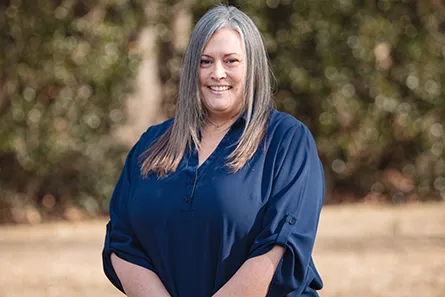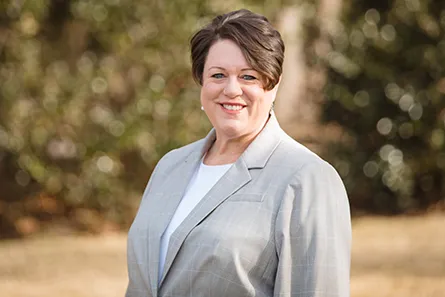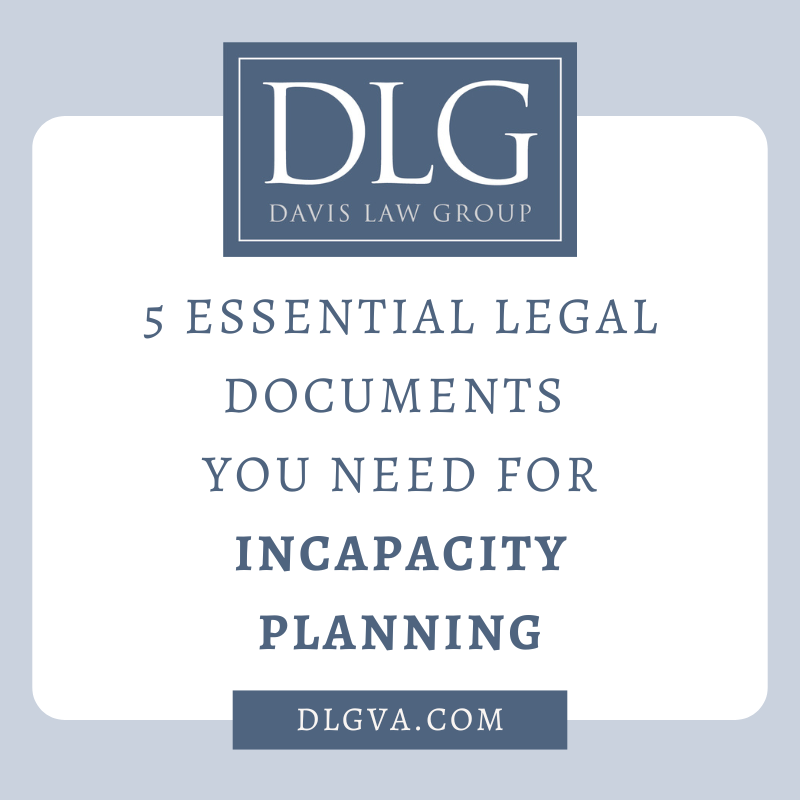Real Estate
Do I need an attorney to close my real estate transaction? Can I just use a title company?
At first glance, a real estate transaction often seems very straight-forward and simple. However, there are many traffic jams, roadblocks, and even dead-ends that can come up when buying or selling real property. An experienced real estate attorney can guide you in a way that leads to a favorable destination. Throughout the closing process, legal questions may arise from home inspections, termite and moisture inspections, final walk-through, etc., that you or your real estate agent may need legal guidance. A Virginia real estate attorney can ensure that your legal rights are protected.
Do I need a survey?
Obtaining a survey is often very important when purchasing a new home. A title search will show the easements that are recorded, but will not show an encroaching fence, home, pool, storage shed, etc. It is important to know if your property has any survey issues prior to purchasing it, so you can avoid potential legal issues or disputes in the future.
Why is my closing being delayed?
There are many reasons a closing may not take place by the closing date in the contract – the buyer’s loan may still be in underwriting, there may be issues from walk-through that the seller needs to fix, etc. More often than not, these delays just need a day or so extra to iron out; however, in some cases the delay may be the result of more serious issues that may delay closing for days to weeks or indefinitely. To ensure there are not any serious issues and to ensure that you are not in breach of any part of the contract from the delay, it is extremely important to stay in communication with your real estate agent and real estate attorney.
Will I have to pay capital gains taxes on the sale of my house?
It depends. There are a few questions to answer that will determine the answer to this common question. At closing, you will fill out a short questionnaire with questions relating to conducting business at the property, using it for rental purposes, etc. A real estate attorney can help you answer these questions which the settlement agent will use to decide if they need to report your sale to the IRS or not. If it is the sale of your primary residence, you may be able to exclude up to $250,000 of the gain from your income ($500,000 on a joint return in most cases). Remember, ultimately it is the tax payer’s responsibility to report the sale when filing taxes. If you are unsure or have questions regarding reporting the sale or your home, it is important to contact a CPA, tax attorney, or other tax professional to help answer your questions.
Nothing came up on title and the sellers told me title is free and clear – their family has owned the land since the 1800’s – do I really need owner’s title insurance?
There are many, many title issues that can cause huge problems later by not having title insurance – and most of them don’t come up on title searches. Just like anyone else, title examiners are not perfect and these issues may simply be missed. Judgments, liens, lis pendens, etc. can all be filed after the title search but prior to closing, indexed incorrectly when purchasing but fixed and filed correctly after you already own the property, among other possible scenarios. Even if these issues are against a prior owner, they are still clouds on title that need to be fixed even after the prior owner has sold the property. By obtaining an owner’s title policy, you are protecting yourself from possible future claims and problems.
Why should the seller pay the buyer’s attorney a release and courier fee?
In order to expedite the payoff process of your loan and track the delivery, most settlement agents will overnight mail the funds and release documents to your lender. The release documents include a Certificate of Satisfaction which will release the subject lien once recorded. Unfortunately, actually receiving the signed certificate is often not as easy as it sounds. Typically, the release fee the buyer’s attorney charges you covers their preparation of the release to be recorded and their follow-up to ensure it gets released in a timely matter.
Do both buyer and seller need to attend settlement at the same location?
No, the other party in the transaction will sign documents at their attorney/title company’s office. There is no need for everyone to be present at the buyer’s closing.
When will I know how much money I need to bring to closing?
The goal is the day before closing; however, many variables contribute to obtaining an approved final settlement statement. If you will need more than one day notice to gather funds for closing, you should let your attorney know so they can make sure all parties understand the importance of completing the settlement statement ahead of time.
What happens if my lender is not ready to close on time? What are my options to move in early?
This is a vital time to be in contact with your real estate attorney and real estate agent to ensure there are no major issues delaying closing. Possibly, this is just a minor bump in the road and closing can be scheduled a day or two out, but it depends on the situation. If all parties to the transaction agree, there are a few options available if your closing has been delayed but you need to move in. You may be able to “rent” the property with a short temporary agreement until closing takes place. Once you reach this point, discuss these options with your real estate agent and attorney.
Questions? Contact Us

Estate & Trust Planning
Estate Planning is essentially the process of preserving and protecting your assets and property during your lifetime, then providing instructions for them to be passed on to

Corporate and Business Transactions
At Davis Law Group we have a unique perspective in our corporate and business law practice. Most "corporate" law firms focus on serving the business rather than

Probate & Trust Administration
When a close relative or friend dies, there are several important legal and taxation matters to be addressed. Depending on how property and other assets are titled,

Civil Litigation
Representing a client involved in business disputes, contract disputes, including mediation, arbitration, or civil litigation in court, is a big responsibility -- one we don't take lightly.

Church and Non-Profit Organizations
Church and non-profit law requires a special understanding of the issues and challenges that face non-profit and religious institutions. The legal advice that best serves business and

Commercial Real Estate Transactions
At Davis Law Group we understand that the commercial real estate process can be one of the most stressful events our clients will ever experience. Hampton Roads

Family Law & Collaborative Practice
The attorneys at Davis Law Group have extensive experience in representing individuals who find themselves in the middle of broken relationships, and we are effective advocates when

Employment Law
Few relationships impact our daily lives as much as the relationships we have at our workplaces. For most people, it is the place they spend the majority
Douglas W. Davis
Attorney, Managing PartnerSuAnne Hardee Bryant
AttorneyDouglas H. Cook
Attorney, of CounselJake Balderson
AttorneyStephen Haynes
AttorneyJeff Coombs
Attorney, Nonprofit Practice LeaderChristen Davis
Senior ParalegalJacob Tise
ParalegalLauren Baust
ParalegalRebecca Garnsey
ParalegalMelissa Smith
ParalegalKaren Nootnagel
ComptrollerNicole Capomaggi
Receptionist/Client Liaison5 Essential Legal Documents You
Comprehensive estate planning involves more than just planning for your legacy after your death, by avoiding probate, and reducing taxes. Good estate planning also
Estate Planning Tips for Business
As a business executive, you are used to strategizing and creating goals as part of your job. But have you devoted time to strategizing
Estate Administration Details that TV
While television and movies provide great entertainment, they are not always factual. Even shows based on real events are not entirely accurate. Creators of





















